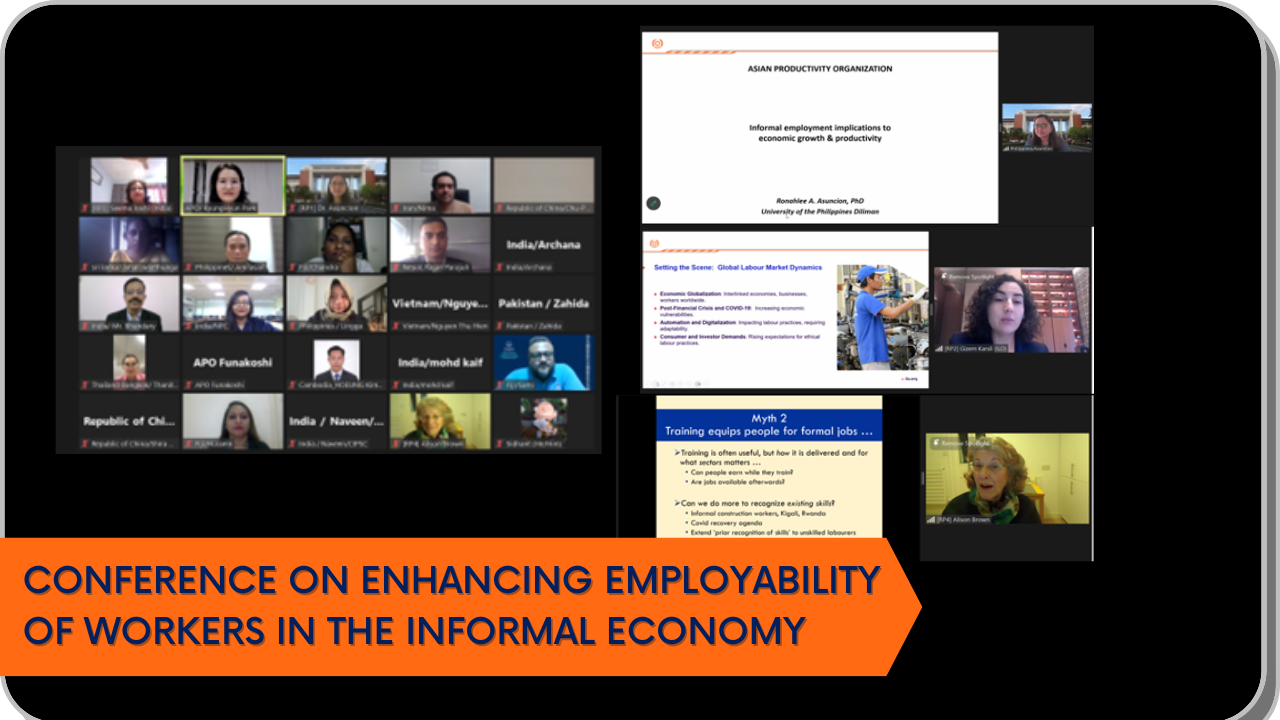
Select Page

The informal economy, a crucial source of livelihood for billions, continues to expand. Despite their role in generating economic value, informal workers face vulnerabilities such as low wages, unfavorable working conditions, and inadequate social support and protection under labor laws. A comprehensive approach is essential to enhance the employability of informal-sector workers in the formal sector. Addressing skill gaps at an individual level involves equipping informal workers with technical competencies and providing access to vocational training. At the government level, implementing more schemes for skill development among informal workers and offering incentives and subsidies to companies employing them are among potential measures.
To evaluate the impacts of informal employment on productivity performance and examine the necessary skills for improving the employability of informal-sector workers in the formal sector, the National Productivity Council, India, together with the APO Secretariat, organized an online conference on Enhancing Employability of Workers in the Informal Economy, 7 December. It was attended by 38 participants from 12 members, including government officials, policy analysts, and professionals from development agencies responsible for supporting informal workers and creating inclusive labor and social protection policies. The conference scrutinized existing policies aimed at improving the employability of informal-economy workers in APO members.
Several APO members expressed keen interest in developing policies and strategies to bridge gaps between the informal and formal sectors. The four resource persons from India, the Philippines, Thailand, and the UK focused on the implications of informal employment on economic growth, employability in productive economic activities, and approaches to skill development for informal workers. They shared insights on inclusive labor laws, social protection measures, and government policies and schemes supporting informal-sector workers. Participants had the opportunity to learn from best practices and empirical findings at national level for adaptation to their own contexts.